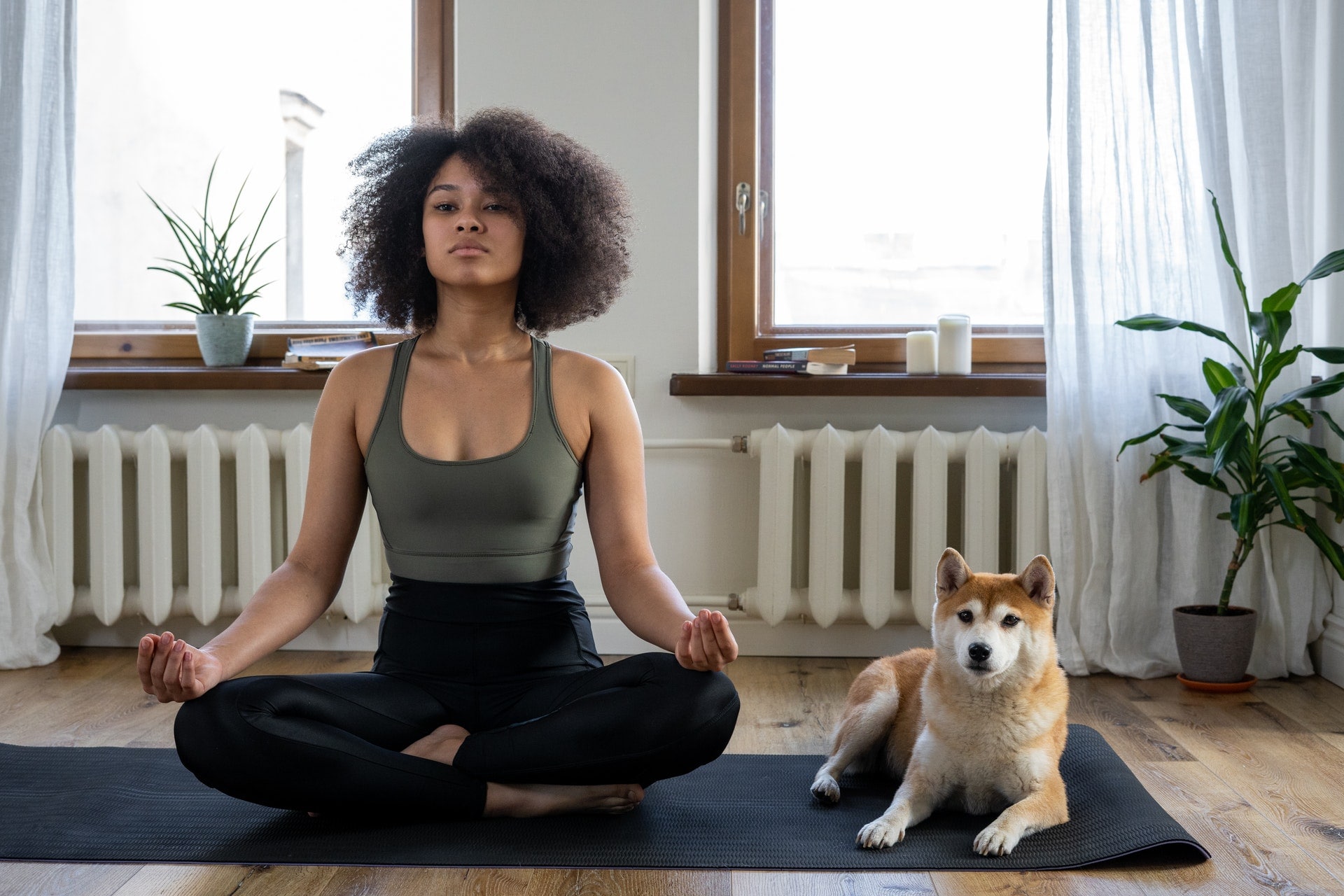The pandemic has placed us in a brave new world where we have been challenged to adapt and survive in an environment that is continuously changing and leaving us on edge.
What’s going to happen today? Will there be another case? Should I wear a mask?
This constant state of uncertainty has generated frequent feelings of anxiety amongst individuals. In response to this heightened state, our body has been put under various conditions: feelings of helplessness, disturbances in sleep, lack of energy, isolation, difficulties relaxing or not being able to stop worrying. Sound like you? Well, you’re not alone. In fact, there has been a prominent increase in Australians experiencing anxiety or having their anxiety worsen during this time. To reduce the stress placed on your mind and body along with decreasing the chances of developing other mental health illnesses such as depression, it’s important to understand what anxiety is, its symptoms and how to cope with it.

What is anxiety?
Anxiety is characterised by an overwhelming sense of tension, apprehension, distress and fear in response to a perceived threat or stress of coping with this threat. The pressure the world has been put under due to the pandemic has forced us into isolation, immobility and uncertainty of partaking in day-to-day activities such as work and education. Both of which are important in securing us a future. There has also been evidence in an increase in domestic violence, all of which has fuelled us towards alcohol and substance use to block out the chaos. These factors have all unfortunately increased the chance of experiencing anxiety. There are several types of anxiety or disorders that include anxious behaviour, some of which include generalised anxiety disorder, social anxiety, specific phobias, panic disorders, OCD and PTSD.
But what does it mean to feel anxious or to go through anxiety?
The symptoms of anxiety range from physical to behavioural to psychological.
Physical
- Hot and cold flushes
- Racing heart
- Tightening of chest
- Quick breathing
- Rashes
- Trembling
- Difficulty concentrating
- Sweating
Behavioural
- Restless or feeling on edge
- Having trouble sleeping
- Avoiding situations that induce feelings of stress
Psychological
- Having difficulty controlling your worry
- Excessive fear
- Catastrophising
- Obsessive thinking
Finding support is already daunting enough as it is, but COVID-19 has really tested our ability to overcome such an intimidating step. The restrictions of travel and amount of people allowed in a household or public areas, have lead to difficulties in helping treat anxiety. Additionally, psychologists having to turn to online or telephone consultations along with an increase in demand from clients, is making reaching out for help a challenge. Handling anxiety is unique to each individual, but never fear, there are several avenues you can explore to find what best works for you.
Relaxation and Distraction Techniques
- Breathing techniques
- Deep breathing
- 4-7-8: inhale for 4 seconds, hold for 7 seconds, exhale for 8 seconds
- Meditation/mindful breathing
- Distraction techniques are specific to the individual:
- Hyper-focusing on external sensations such as the environment, what you eat/drink, what you can hear or smell
- Activities that require a level of concentration such as exercising, journaling, reading, drawing, watching a movie or completing work-related tasks
- Talk to someone: a friend, family member or someone on a hotline.
Psychological Treatments
- If your anxiety is impacting your day-to-day life, don’t be afraid to reach out to a clinician. They can provide you with programs and treatments that accommodate your needs.
- Cognitive therapy can allow you to overcome the problems that are causing your anxiety by providing ways to alter thoughts and behaviours that lead to this heightened state
- Behavioural therapy focuses on conditioning your body to reduce negative behaviours that have become positively associated as they produce a satisfactory result.
Helplines
National Suicide Prevention Lifeline, Beyond Blue and Lifeline provide 24/7 free and confidential emotional support to anyone in an emotional crisis. Qlife provides LGBTI peer support and WellMob Online Counselling can be browsed in order to find Indigenous support.





